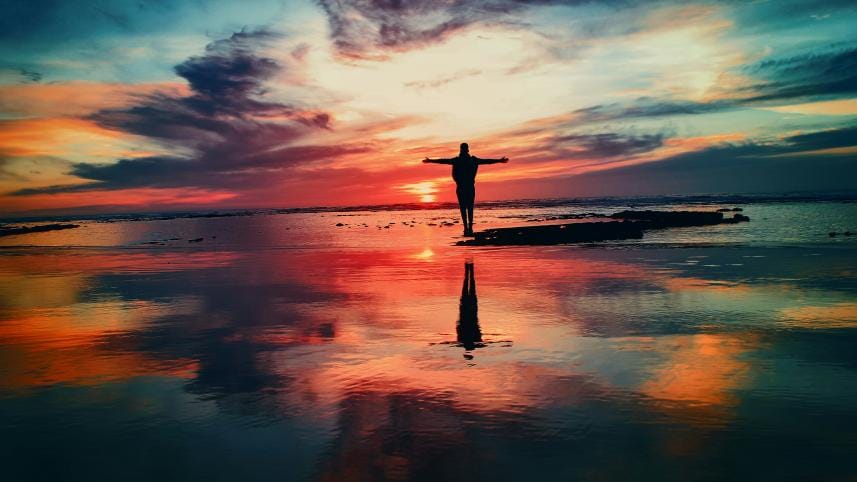The many faces of freedom

Deeply personal and universally acknowledged at the same time, freedom is something chased by many yet fully grasped by surprisingly few. In Bangladesh, where the echoes of the Liberation War still pulsate strongly in the hearts of its people, freedom takes on various forms and meanings depending on whom you ask.
A university student, Sinha, sitting cross-legged in her bedroom, mulls over the idea, her textbooks sprawled beside her.
"Freedom to me means the power to choose – my career, my beliefs, my future. It's the ability to express myself without fear," she says. Her thoughts reflect a generation that values the liberty of choice and expression above many other freedoms.
For some, freedom is synonymous with independence. It's the exhilarating rush of making your own decisions, charting your course, and bearing the responsibility for the outcomes.
Independence as freedom shines brightly in the stories of young adults leaving home for the first time, entrepreneurs starting a new venture, or artists breaking away from traditional forms to express their unique vision.
For others, freedom is economic stability – to live without financial debt.
"I am old. I have chronic back and knee pain, and I still have to work at four to five households per day because of the debt I have to pay.
"If you ask me about freedom, I would say only financial stability can guarantee that for people like us," says Asha, who works as a house help in several homes each day and dreams of a day where her hard work translates into better living conditions.
Mahbub Ahmed, who runs a modest grocery shop, shares his own view on freedom that blends economic stability with a sense of community.
"To me, freedom is being able to run my shop without the fear of unfair taxes. It means having a stable economy where small businesses like mine can thrive and support the country," he explains.
Hence, at its core, freedom is the essence of our being the fundamental right to live, think, and act without undue constraint or oppression. Yet, despite its universal appeal, the way we experience and value freedom can be profoundly different, shaped by our personal histories, cultural backgrounds, and individual aspirations.
Take, for example, the story of Kamal, an artist specialising in rickshaw-painting.
He emphasises, "Freedom is the ability to celebrate and pass on our traditions without fear of them being overshadowed by global influences."
This form of freedom is about maintaining a distinct cultural identity amidst globalisation.
The evolution of freedom
The significance of freedom evolves over time and across life stages. The freedom cherished by a teenager – freedom from parental control or school rules – morphs into something more substantial in adulthood, where the stakes are higher, and the freedoms fought for include those of livelihood, family, and security.
As we age, our focus may shift again, perhaps towards intellectual freedom or the freedom to live out our remaining years on our own terms. The multifaceted nature of freedom illustrates that while the concept universally signifies a state of liberty – its practical implications are deeply personal and context-dependent.
Recognising and respecting the diverse meanings of freedom can help foster a more inclusive and supportive society where every individual has the opportunity to live freely and fully. By championing all forms of freedom – from economic and environmental to social and cultural –we pave the way for a more just and free society. This journey, while complex, is vital for the continued prosperity and unity of the nation.



 For all latest news, follow The Daily Star's Google News channel.
For all latest news, follow The Daily Star's Google News channel.
Comments